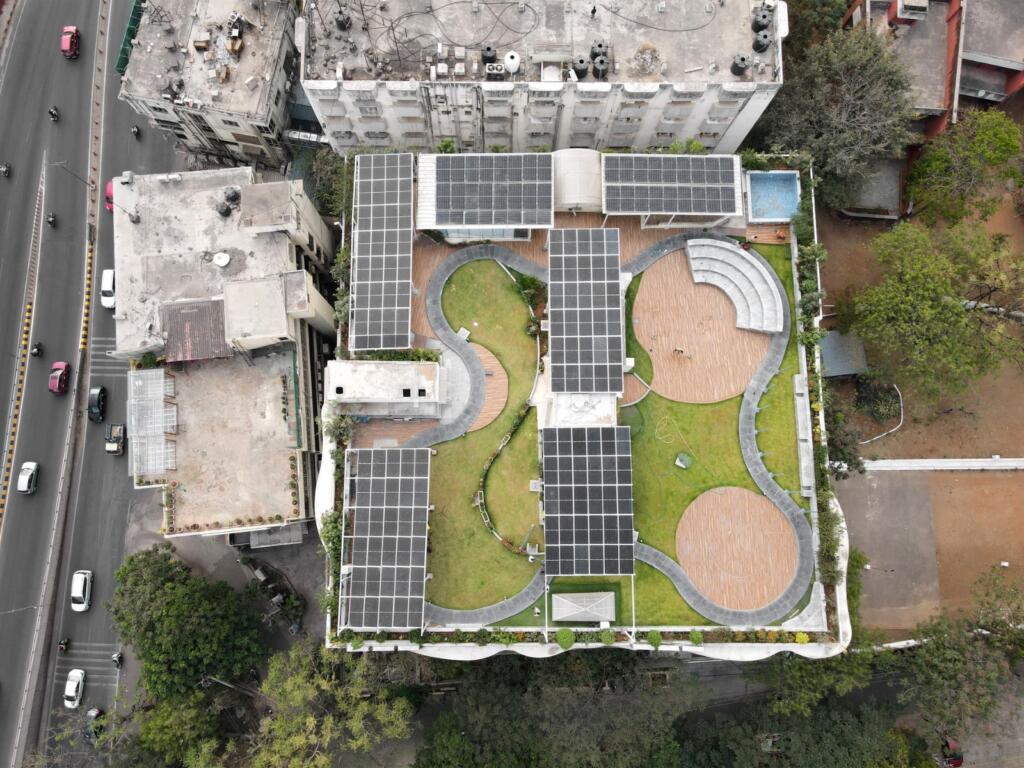In a novel effort towards the usage of green energy and for encouraging Micro & Small Food Processing Units, Uttar Pradesh has offered a major subsidy scheme for rooftop solar systems. This plan also seeks to subsidize the installation of solar plants of 75kVA with a maximum of 90% of the cost. It will not only transform the pattern of energy usage in these units but will also substantially help to cut their costs of operation and pave way for development and sustainability in the units.
Driving Economic Growth and Sustainability
Micro and small food processing industries are the most important segment in Uttar Pradesh as they play a crucial role in employment as well as in developing food processing sector. However, one of the major challenges which these units come across is the fact that electricity is very expensive and this tends to affect their profits greatly reducing their ability to compete effectively. This problem is being tackled with a concrete action by the government, specifically the subsidy of up to 90 percent for the installation of solar plants. Just check the solar panel price before installing your solar power system.
Solar power being a natural resource is a good replacement for power light since it does not require frequent recharging like the normal electricity. By installing the 75kVA solar plant, food processing units will be able to process food, without emphasizing much on the high costs of energy since the installation of the solar plant can save a lot of energy. These subsidies will allow these units to afford the solar technology in the first place, should the costs of starting be prohibitive.
Implementation and Impact
The government is expected to provide adequate guidelines on this subsidy scheme and support the food processing units thus implying a successful implementation of this scheme. It involves the identification of qualifying undertakings, the support of the setting up of the solar plants, and the correct distribution of the subsidy. In one’s implementation, emphasis will be made on the manner of implementation, especially as a way of making it easy for even the smallest account units to benefit from the scheme.
The effect of this move can be expected to be a mixed bag in a way. First of all, the proposed cut in expenses associated with electricity will improve the financial performance of micro and small food processing enterprises. This can, in turn, result in increased spending on technology as well as infrastructure leading to enhanced production and quality. Second of all, the use of solar energy will enhance energy security since the units will not be relying on scarce energy sources that are sometimes scarce or very expensive. Finally, the environmental impacts will be felt at the state level as it addresses climate change through its programs.
Conclusion
The Uttar Pradesh government’s idea to have up to 90% subsidy for a 75kVA solar plant for micro and small food processing units is a progressive initiative towards sustainability. In order to start, you first need to choose from the top 10 best solar companies in India. This measure shows the government is not only committed to enhancing the growth of small businesses but also in the facilitation of renewable energy sources. The subsidy plan to cut on the electricity cost and contribute to the creation of sustainability and a robust future for the food processing sector in Uttar Pradesh will result in growth of the economy. So as these units grow, the domino effect is that we will see a positive and brighter economic future.
